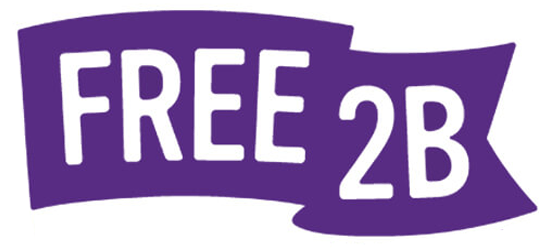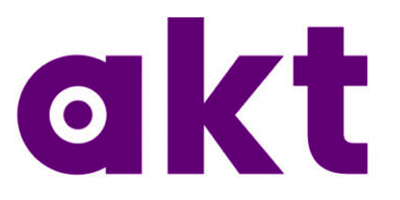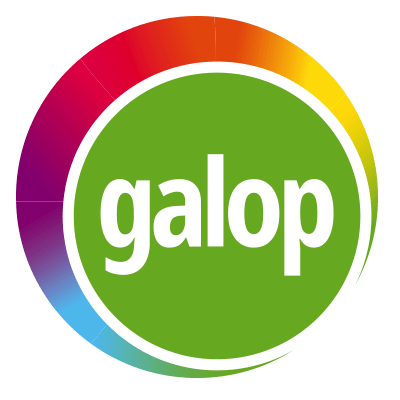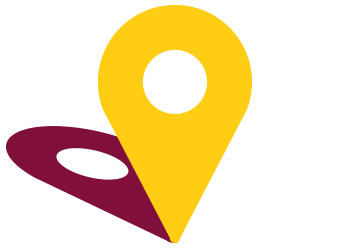LGBTQ+ and your sexuality
On this page…
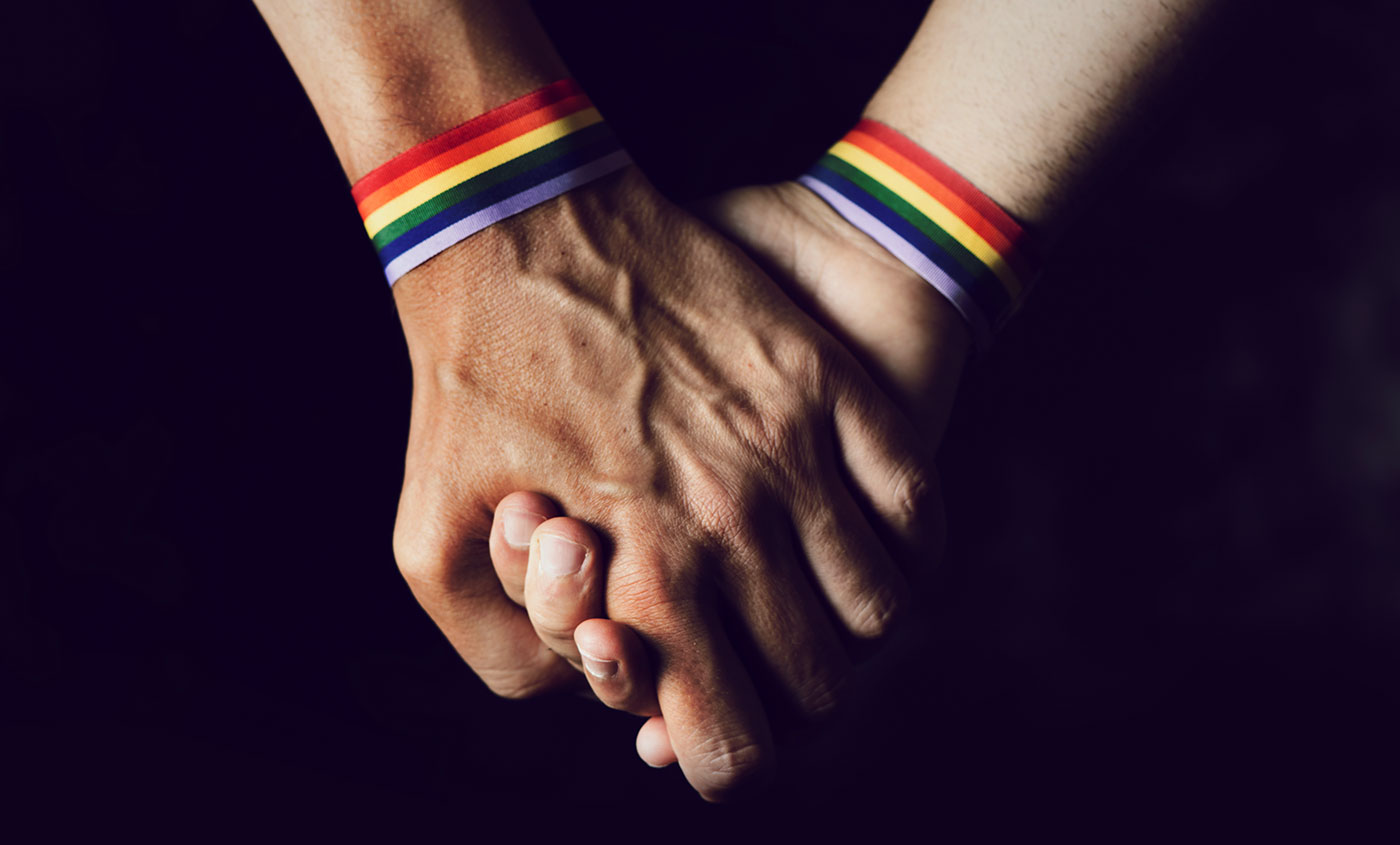
Sexuality and sexual orientation is all about who you do and don't have sexual feelings for.
There are many ways that people might identify their sexuality, including:
Gay: a person who is attracted to people of the same gender.
Lesbian: a person who identifies as female and is mostly identified as female and is mostly attracted to others who identify as female.
Bisexual/Bi: a person who is attracted to more than one gender.
Pansexual: a person who has feelings or attraction for people of all genders.
Heterosexual/Straight: someone whose main attraction is towards people of a different gender.
Asexual: someone who experiences little or no sexual attraction to others.
Fancying who you fancy, whoever it is, is perfectly normal and acceptable.
At school, you may hear the word "gay" used as an insult – however there is nothing wrong about being gay.
If someone treats you badly because of your sexual orientation, then that is discrimination. Bullying can include calling you names, threatening to hurt you, leaving you out of things, using offensive language about LGBTQ+ people and making jokes about you.
Being discriminated against or bullied can make you feel lonely, anxious or like you're different. But it is not your fault. Bullying is never okay. Any you are perfectly normal and acceptable as you are.
'Coming out' about your sexuality can be challenging.
As a teenager, sexual feelings can be very intense and can change quite frequently.
This can be confusing and exciting. Whilst some people know who they are attracted to from a young age, others might need some time to work it out.
Just take things at your own pace. You might want to talk to someone. Don't feel you have to be in a hurry, explore and enjoy at your own pace. You don't have to feel pressured or rushed to give yourself a label. Your sexual orientation will develop, and can change over time.
Listen to Youth Out Loud's 'Celebrating LGBT History' podcast.
It covers sensitive topics such as HIV diagnosis and features conversations between two people – a member of the Youth Council and Healthwatch Kingston's Chief Officer – who compare their experiences of being part of the LGBT community now and in the 70s and discuss what advice they would give young people today.
For help and support you can find out more at:
There are safe spaces where you can talk about and get support with your sexuality:
Reporting hate crimes
Galop provides support to LGBT+ people who have experienced hate crimes. They can help you to report hate crimes to the police or pass on information anonymously. Find out more on the Galop website.
Stop Hate UK has a confidential 24-hour helpline – Call Hate out – for young people under the age of 18 experiencing or witnessing a Hate Crime. Find out how to contact the helpline and view resources on the Stop Hate UK website.





